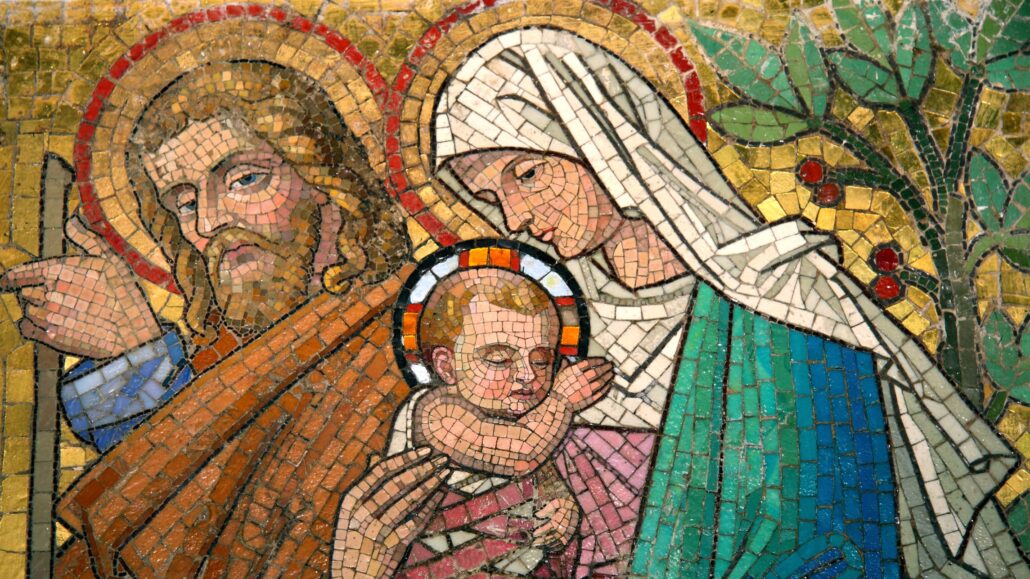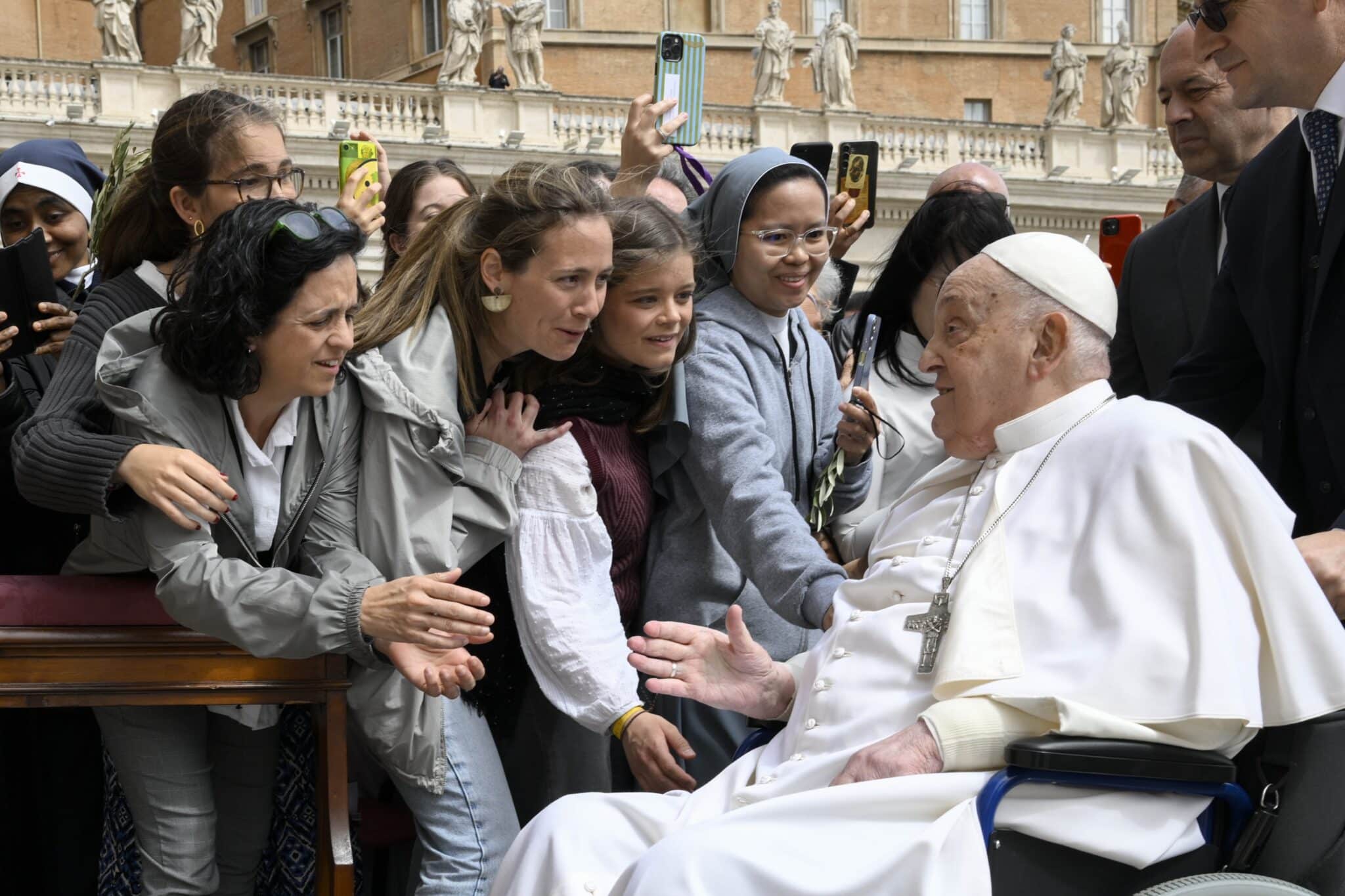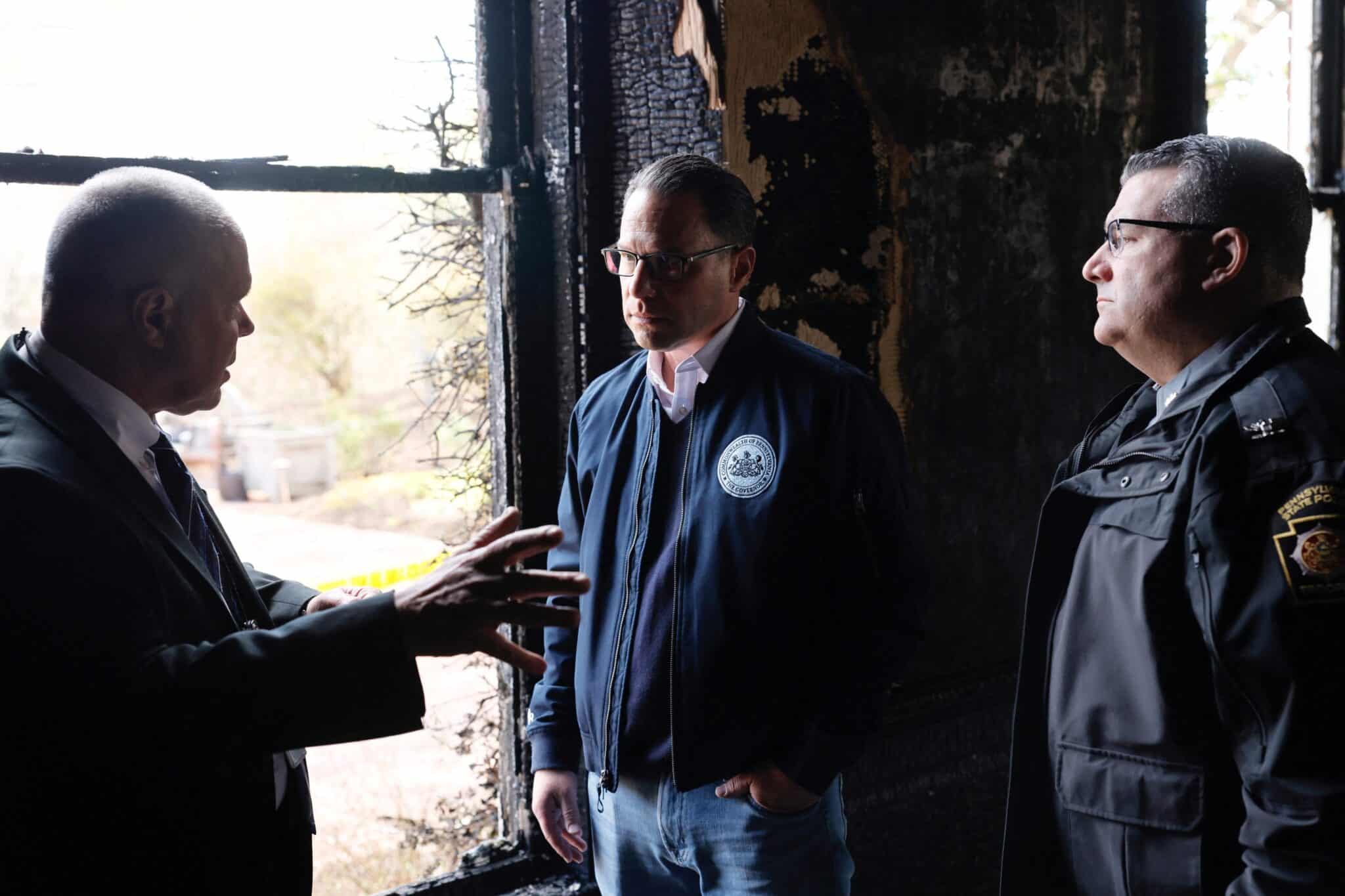Christmas has been stolen—not only by the Grinch, but also by the commercial merchandisers. With its own music, colors, foods, customs, and expectations, this holiday season is shared by believers and nonbelievers.
Some believers campaign to “Put Christ Back in Christmas!” Unfortunately, the cultural expectations and expenses of the holiday season often bring stress to believers and nonbelievers alike. What can save us from the commercial trivialities that crowd this great feast? How can it lead us to peace rather than to exasperation? What does the mystery of Christmas mean for us today?
St. Francis of Assisi (1181–1226) was an enthusiastic champion of Christmas, the birthday of his leader and Lord, his inspiration and companion. In his account of St Francis’ life, Thomas of Celano, who knew the saint, describes an interesting interaction between the beloved saint and one of the early friars, Brother Morico.
“Francis observed the birthday of the child Jesus with inexpressible eagerness over all other feasts, saying, ‘It is the feast of feasts, on which God, having become a tiny infant, clung to human breasts.’ When the question rose about eating meat that day, since Christmas was a Friday, he [Francis] replied to Brother Morico, ‘You sin, brother, calling the day on which the child is born to us a day of fast. It is my wish that even the walls should eat meat on such a day; and if they cannot, they should be smeared with meat on the outside.’”
On Christmas, Francis wanted the poor and the hungry to be filled by the rich; he said that more than the usual amount of grain and hay should be given to oxen and asses. “‘If I could speak to the emperor, I would ask that a general law be made that all who can should scatter corn and grain along the roads so that the birds might have an abundance of food on that day of such great solemnity, especially our sisters the larks’” (2 Celano, 199–200).
Celebrating God’s Humility
The saint was profoundly impressed by the simplicity and the poverty of God, who entered our world as a poor person. In his exuberance and passionate love for the incarnation of God that is revealed in Jesus of Nazareth, Francis invented a dramatic way to preach about this mystery. In 1223 he created the first Christmas crib so that the people around the Italian village of Greccio could have a practical and personal experience of the incarnation of Jesus and what it meant for ordinary people.
On Christmas Eve, St. Francis invited the people of the region into a cave that he had filled with straw and animals. He wanted them to feel the heat generated by the animals in the stable and to smell the damp hay crammed into the cave’s close quarters. He prepared a crib that was originally intended for the animals’ food as a resting place for the infant Christ. A tradition tells us that during the liturgy, while Francis was preaching with deep feeling about God’s love, the child Jesus appeared and rested in Francis’ arms.
The cave was a small, cramped space—quite unpleasant, certainly not exotic or romantic, particularly for farming people who labored in such conditions on a daily basis. However, it was a dramatic and practical demonstration of how God had entered and continues to enter into their familiar world. God, who is infinite love, shared their lot and lived as one of them.
For St. Francis, Christmas reveals good news about God that we could never come upon by ourselves. Unprompted by us, God chose to become a human person by entering the universe through Mary’s womb. This wonderful good news saves us from inadequate images of God. The message of God choosing to live among us is the reason for such a great celebration by humans.
Uniquely Christian Belief
Belief in the Incarnation makes Christianity profoundly different from other religions. For Muslim sisters and brothers, it is a grave insult to claim that Allah would become human, as he is so holy and completely “other” that no human or community of people is able to touch him. The huge gap between Allah and his people must be respected with reverence.
In other religions, “God” or gods are understood to be powerful forces or persons who are occasionally interested in human affairs and who, at best, but not in all cases, wait for us in death to cross the great divide into the supernatural world.
Our Jewish ancestors expected God to intervene in their history. A Messiah was predicted and expected, but they certainly did not anticipate that God would be the Messiah. The Jews expected God to work through the Messiah, doing something heroic and wonderful in the actions of this holy man to save the people of Israel. They did not dare stretch their imagination to believe that God would enter into human history as one of us.
It took the followers of Jesus a decade after his resurrection to state clearly their belief that Jesus was the Christ, that is, he is the “Anointed One.” Their experience of Jesus before and after his death convinced them that Jesus was the Messiah—and even more than a messiah. The exact nature of the “more” would take time and discussion to clarify. After decades of debates, Christianity concluded that Jesus was divine and that God had become incarnate in our world and indeed “had made his dwelling among us” (Jn 1:14).
Motivated by Love
All Christians agree that Jesus is divine, but we have differences of opinion as to why God became human. Many believe that God sent Jesus primarily as the repairman to correct the damage that had been caused by the original sin of humanity’s first parents, Adam and Eve.
There is another tradition within Christianity going back to the Fathers of the Church and later most clearly expressed in Franciscan spirituality. It goes something like this: God became human because God is Love. God is Infinite Love; Infinite Love is free and infinitely greater than humans or our sin. Saying that our sin would force or cause God to become incarnate in order to repair our damage gives sin a power or influence over God that it does not merit.
How could human disobedience force God to do or even wish something so abhorrent as the betrayal, murder, and death of the Son? Wouldn’t it be narcissistic and arrogant on our part for us to believe that our sin would ever force God to act and to act in such a terrifying way? God is free and not coerced or reactive. Belief that God was forced to react to Adam’s sin restricts God’s freedom and dignity. It is similar to a 2-year-old child believing that her behavior controls her parents.

Christmas is about the physical birth of Love among us. It celebrates the birth of Jesus of Nazareth, whom we believe to be the God who is Love. Simply put, Christmas is a feast about Love and Love’s decision to become part of the universe by becoming human. Scripture tells us that the human race has been made in the image of God, who is Love (Gn 1:27).
By understanding how we love, we can appreciate God’s decision to become flesh, which is the deepest meaning of Christmas. All of us want to be united with those whom we love. We want to spend time together, to get to know one another. In deeply intimate loving, we want to become one together emotionally, spiritually, and physically. Love by its nature desires that we be one with our beloved.
My grandmother used to embrace me when I was a small boy and say to me, “Oh, you’re so cute, I could eat you up!” I was puzzled but not frightened by her words. Now I can understand what she was saying to me. When you see someone whom you love very much, you want that other person to live with you, to be within you. You want to be one together forever. Apparently, God has always wanted to live this way with us, to be one with us (Eph 1:10–13). We celebrate this at Christmas.
It is reasonable to think that God, being infinite Love within the Trinity, would naturally choose to love God’s self and anything that God would create in an infinite and consistent way. Everything outside of God, all of creation, would be the object, the “beloved” of God’s affection.
Always Intended
The Franciscan school of theology, particularly in the writings of Blessed John Duns Scotus (1265–1308), which are based on the mysticism of St. Francis, the letters of St. Paul, and the Gospel of St. John, believes that God from all eternity freely chose to create and then to enter the universe out of love. Scotus taught that the universe was created so that God would have another way to be Love and to express love to another beloved.
The Trinity conceived the universe with the plan that the human race would evolve into the privileged position of God’s physical entry point into the universe. Humanity as the entry place for God within creation is unique because we are physical and spiritual creatures, who are intelligent, are able to reproduce, and have free will. We are an integration of the physical and the spiritual worlds, a graced pinnacle within the universe. We were predestined by God to be his dwelling place within the universe (Eph 1:4; 1:9–10; Col 1:15–20, 1:27, 3:11).
After the Christmas celebration at Greccio in 1223, the friars preached throughout Europe, using the crèche to bring home the Incarnation’s impact. Their preaching led to customs that remain alive today. At Christmastime, we find Christmas cribs or manger scenes in homes, churches, and even department store windows. We often domesticate and sanitize the impact of these religious scenes, turning them into small Disneylands with miniature buildings and cute animals. St. Francis, on the other hand, was intent on having the people see, smell, and touch the amazing impact of God’s Incarnation in our lives. Francis intended to show that God loves seriously and generously, that we are God’s beloved. God stops at nothing to become one with us!
Remembering the Reason
With the Franciscan understanding of Christmas, we believe that God is permanently incarnated, committed in flesh in human history, in our individual lives. The Incarnation was not simply for a moment in the past, but for now— always and forever. In fact, we believe that when the people of God (the Church) come together and consciously reflect and articulate their faith, it is God in Jesus Christ who is present and speaking through us. The Incarnation is continuing in history.
At moments, and hopefully at Christmastime, we catch glimpses of this deep, infinite longing of God, and we are humbled by its mystery. We understand this in momentary fragments: in the beauty of a magnificent sunset or a splendidly lighted tree, while holding a newborn baby and counting its fingers and toes, watching the grace of the Olympic athletes. Even with these momentary glances, we go back to counting beans. We forget so quickly. But it is encouraging, even a grace, to believe that our forgetfulness does not deter God from being God with us, from being Love Incarnate in our world.
What should or can be our response to the wonderful good news of Christmas? Shouldn’t our first response be to remain still and quiet? We do not have to figure it all out. Nor do we even have to ask, “What am I supposed to do?” It is enough to consciously let yourself be loved, to breathe deeply, and trust that God’s love is infinitely vast, good, and beautiful. Let yourself believe that you are loved. And, frankly, once you have that experience, you’ll know what to do.







